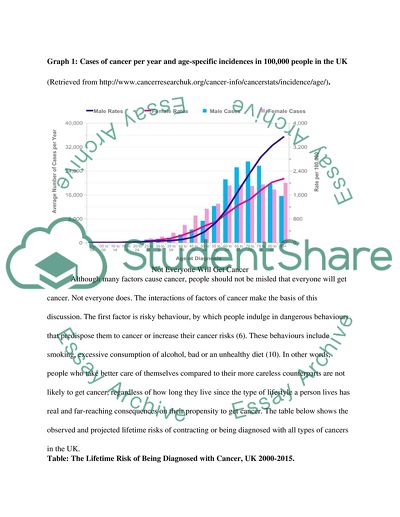Cite this document
(“We Would All Eventually Develop Cancer If We Lived Long Enough Essay”, n.d.)
Retrieved from https://studentshare.org/health-sciences-medicine/1633815-cancer-attached-file
Retrieved from https://studentshare.org/health-sciences-medicine/1633815-cancer-attached-file
(We Would All Eventually Develop Cancer If We Lived Long Enough Essay)
https://studentshare.org/health-sciences-medicine/1633815-cancer-attached-file.
https://studentshare.org/health-sciences-medicine/1633815-cancer-attached-file.
“We Would All Eventually Develop Cancer If We Lived Long Enough Essay”, n.d. https://studentshare.org/health-sciences-medicine/1633815-cancer-attached-file.


